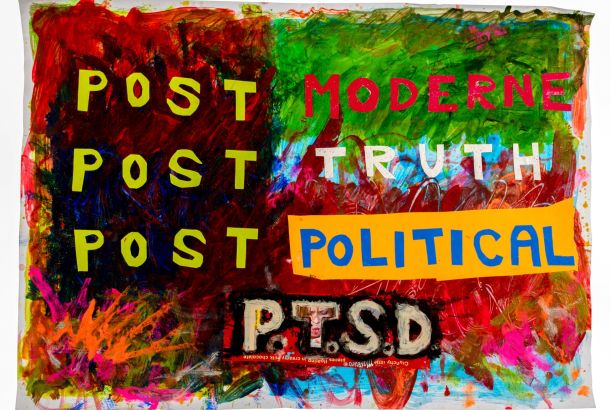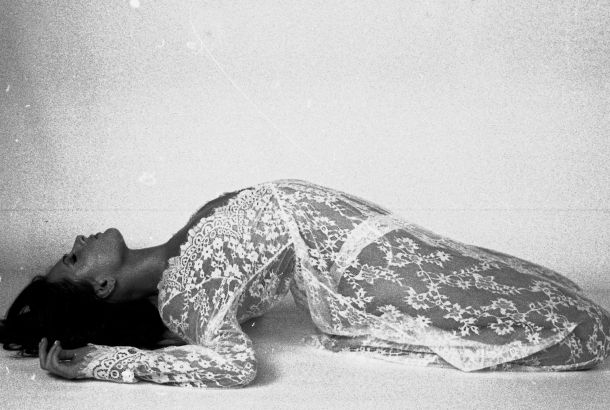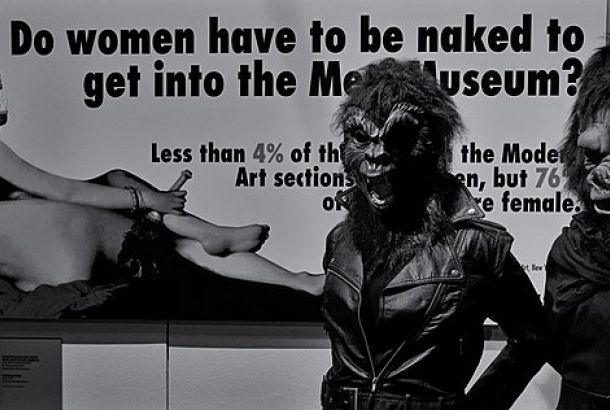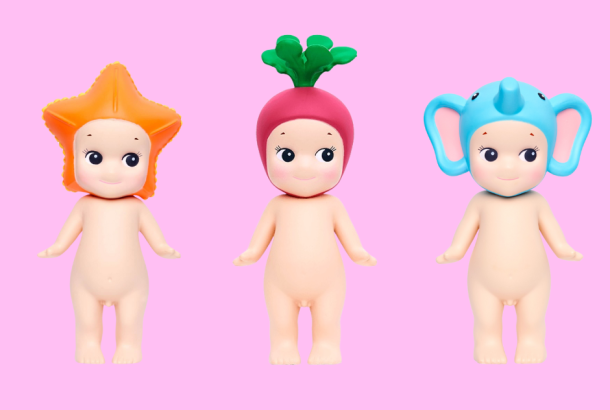Interview With Jeremy Deller
By Mancunion
Hannah Summers with the help of Matilda Roberts and Maddy Hubbard (visiting from the Food and Drink section) interview Jeremy Deller about his upcoming exhibition, ‘All that is solid Melts into air’, kick started at last weekend’s Manchester Weekender at our city’s beloved Manchester Art Gallery. After giving us a tour of the exhibition, Deller indulges us with his thoughts on his exhibition and Manchester itself.
Your show focuses on how the industrial revolution has greatly influenced music, has it influenced art in the same way?
That’s a really difficult question. I mean [L. S.] Lowry is the main example, but it is more music that has been influenced by that environment. Lowry literally painted that world, even if it was a slight confection. He depicted it, whereas these musicians channelled it, it’s subtler.
Is the influence of industry still prevalent or is it something else affecting the music of today?
Dance music, maybe has [roots]. The digital revolution has obviously influenced music, in tonnes of ways, not least how it’s consumed, how people listen to it, how people share it, how it’s made. Dance music in the 80s, a lot of it was all made on computers.
Part of the exhibition shows scenes from an acid rave overlaid with audio from the mills.
That’s a very direct connection I’m making between the sounds of industry and digital music. Repetitions and beats [making mill sounds] but also those parties, in the North-East and North-West at least, took place in disused factories and warehouses, in former industrial spaces.
Do you think Manchester’s music scene has somewhat declined from then?
I don’t know much about the music scene but I’m sure some people would be very upset to hear you say that. I mean ‘Oasis’ might be the last huge band from Manchester. But ‘Take That’ are from Manchester, or around.
Quite a lot of your work focuses on Manchester, for example the ‘Procession’ in 2009, and your ‘History of Time’ which makes connections between different music scenes in Manchester, do you feel you’re drawn here or does it just happen?
No I am. I like being out of London. I’m from London, my parents are from London and I like not being in London, to see things slightly differently. [The Procession] was for the [Manchester International Festival] so it had to be. But I knew I could do something with Manchester like that, just because there is so much going on.
Did this exhibition start with Manchester or the Industrial Revolution?
The revolution came first but then they wanted to show it here. And it makes sense to have it here, especially this section. (Deller points out the intricate drawings and photographs of the ‘Scuttlers’ – gangs of young working-class Mancunian men.) And the audience is less cynical here. In London you see tonnes of stuff and people can get a bit blasé.
When you curate a show like this do you see the end result as almost an artwork in itself?
It can be. It might be, that’s not for me to say. It’s definitely a different kind of show, you wouldn’t get this show from a traditional curatorial perspective, there are some strange bits to it, there might be bits, that shouldn’t be here.
Do you approach curating in the same way you do creating your own work?
No, you just carry on the way you are and try not to think about it too much. It’s for other people to judge you.







